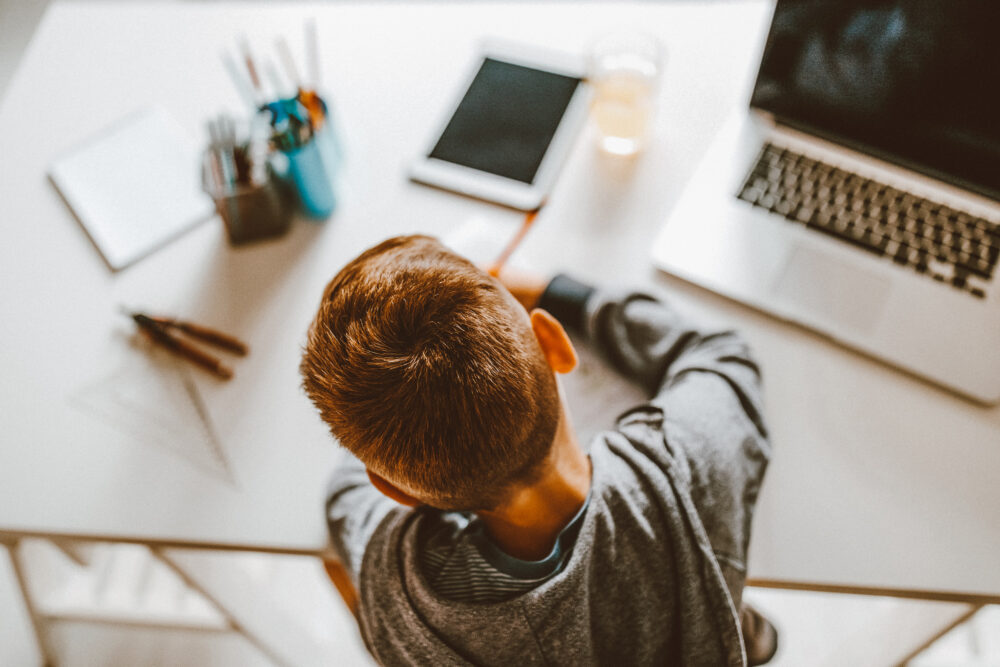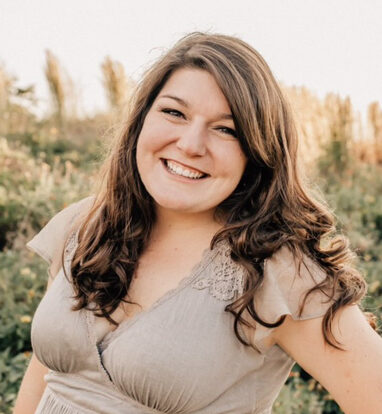Going Out to Dinner with Kids While on a Sleep Schedule
Melatonin for Children: A Sleep Expert’s Opinion
During a recent visit to an elementary school to talk about healthy sleep habits, the topic of melatonin came up. At the time, I wasn’t talking about the melatonin gummies sold in appealing containers in stores everywhere. I was talking about how our body produces melatonin to help us fall asleep at night when several kids happily volunteered that they take a melatonin supplement each night. With the increase in products marketed towards child sleep in the vitamin aisle, I thought this was a good opportunity to write about melatonin supplements for children.
If you have been giving your child melatonin each night, I do not want you to spiral into a cycle or regret and shame! This article is not intended to pass judgement on supplemental melatonin use for children. The intention is to share both what we know and what we don’t know.
Why Does Melatonin Help Us Sleep?

Each day our body naturally produces melatonin deep in the pineal gland. This hormone is then secreted into the bloodstream, regulating the body’s sleep cycles. Melatonin production is based on the exposure to light or darkness. Sleep consultants and sleep physicians alike recommend avoiding blue light before bedtime in children and adults to give our body’s time to do its thing! Screen time exposure near sleep times can increase the time it takes to fall asleep and promote restlessness through the night. We can encourage our children’s own melatonin production in two simple ways: 1.) Avoid blue light (screens) in the evening hours, 1-2 hours before bed. 2.) Create a dark sleep environment.
What Are the Ingredients in Melatonin Supplements?
A common misconception is that melatonin is a “natural” herb or vitamin. Since the melatonin that our body’s produce is a hormone, a natural or synthetic version of this hormone is used in the supplement form. Natural melatonin supplements are derived from the pineal gland of animals. The synthetic version of the supplement is manufactured. Your supplement bottle should list which variation of this hormone is contained.
How Do Melatonin Supplements Help With Sleep?
According to Dr. Cora Collette Breuner, a professor in the department of pediatrics at Seattle Children’s Hospital at the University of Washington, the biggest benefit of an increase in melatonin is a small reduction in the amount of time an individual requires for sleep onset. A CNN report shared that “in six randomized controlled trials on melatonin treatment in the pediatric population, melatonin decreased the time it took to fall asleep, ranging from 11 to 51 minutes.” It’s important to note that the benefit to sleep may only be a slight decrease in time it takes your child to fall asleep, and may not impact night or early morning wakings.
When Are Supplements Recommended?
There are occasions in which melatonin supplements might be recommended and can truly be beneficial. First, melatonin can be helpful for short term use for situations such as jet lag, or adjusting to drastic change in time zones. Second, sometimes a child truly has a deficiency in melatonin production and a pediatrician may prescribe its use. This is rare, but more common in children diagnosed with Autism Spectrum Disorder. Children with Autism tend to struggle more with the ability to calm the brain and fall asleep.
Additionally, sometimes children with attention deficit hyperactivity disorder may also benefit from melatonin. This is especially true for those medicated with a stimulant for ADHD. This does not mean that children with these disorders must take melatonin in order to fall asleep. A pediatrician and parental team that best knows the child should work together to make the safest decision in these cases. In my experience, it can also be beneficial to first address any sleep hygiene or behavioral factors that may be causing sleep disruptions in order rule out other potential causes of sleeplessness.
Precautions and Unknowns with Melatonin Use
As I mentioned above, when it comes to melatonin supplements there are some things that we still don’t know definitively, as well as precautions to note.
One unknown is regarding melatonin’s impact on a child’s hormones. More research is needed to conclude whether melatonin use could delay puberty. Additionally, supplements are unregulated by the FDA, thus, each supplement can contain varying levels of melatonin. Adding to the complexity, the recommended dose and the recommended timing of the dose are still argued, according to the National Center for Complementary and Integrative Health. There have also been a rise of melatonin overdoses in recent years and reports of negative side effects, such as headaches, agitation, bed-wetting, or more frequent urination. Further, overuse of supplements will result in decreased efficacy due to brain receptors becoming desensitized.
Rebecca Robbins, an associate scientist at Brigham and Women’s Hospital in Boston who studies sleep, shared: “The truth is, we just really don’t know the implications of melatonin in the longer term, for adults or kids”. In addition to side effects and lack of research, we do know that the improvement in sleep is minimal and short-term.
Is there an alternative?
If studies are inconclusive about the implication of long-term melatonin use, then what can tired parents do to help their child sleep?
Sleeplessness should not be the answer. Every child deserves to sleep well. Every household thrives best when well-rested.
Teaching proper sleep hygiene is the most impactful way to promote great sleep in a long-term, sustainable way:
1. Establish an age-appropriate schedule.
2. Eliminate screens in the hours leading up to bedtime.
3. Create a dark sleep environment.
4. Implement a predictable bedtime routine, such as a bath and a time to read books together.
5. Give your child confidence in falling asleep independently.
At the end of the day, remember that restorative sleep is possible! If you are struggling to find answers to your child’s sleep, schedule your free call now.

About the author: Kelsey Hotchkiss has a degree in Elementary Education and a Master’s Degree in Educational Administration. Kelsey is a Senior Consultant at Sleep Wise, having helped hundreds of families in her four years at the company.


